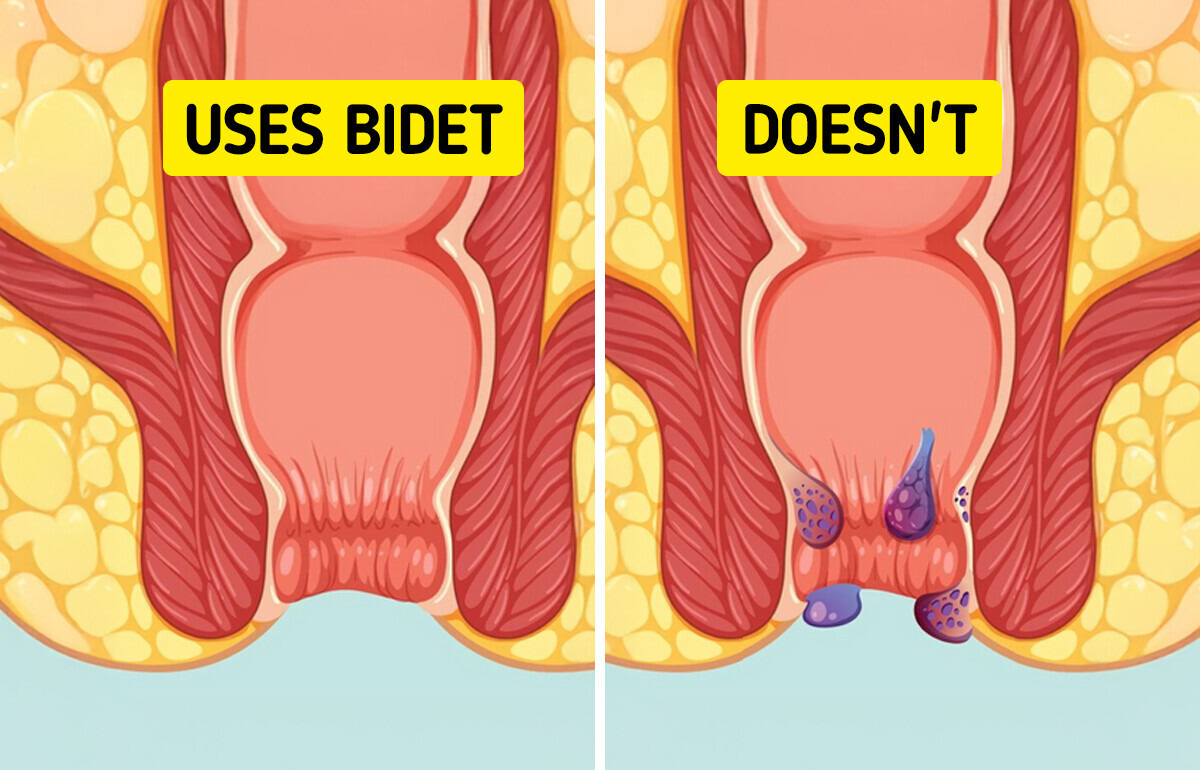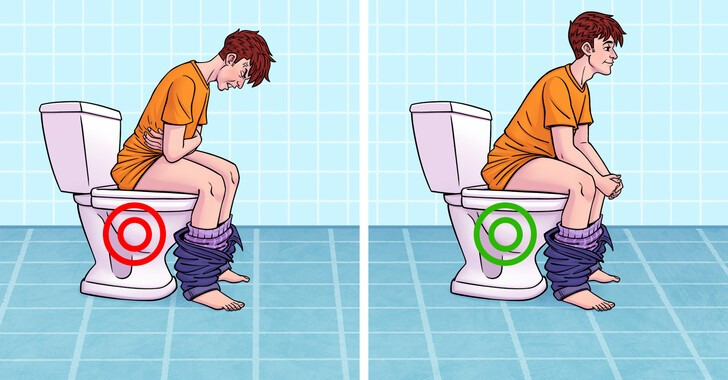18 Seniors Whose Sharp Wit Proves Humor Only Gets Better With Age


Bidets have been used as an alternative to toilet paper, offering a water-based cleansing method that many find more refreshing and comfortable. Unlike wiping, which can sometimes cause irritation, a bidet provides a gentle and thorough clean. Some people believe it may also help with hygiene and skin health. In this article, we’ll take a closer look at why bidets are gaining popularity and why using a bidet might be healthier than wiping.

Constipation, defined as having fewer than three bowel movements per week, is a common digestive issue often accompanied by straining and hard stools. One potential solution for relief is the use of a bidet.
Bidets can aid in constipation relief by stimulating nerves in the rectum, which play a key role in bowel movements. The gentle stream of water introduced by a bidet can help soften stool, making it easier to pass. Additionally, the water pressure can activate rectal nerves, encouraging movement in the digestive system and easing discomfort. Beyond hygiene, bidets offer a natural and effective way to support regular bowel function.
Hemorrhoids are swollen veins near the anus that can cause discomfort, itching, and pain, especially while sitting. Some research suggests that bidet use may help lower anal resting pressure, a common issue in individuals with constipation that can contribute to hemorrhoid development. According to Saleem Chowdhry, MD, a gastroenterologist at the University Hospitals Digestive Health Institute, using a bidet may offer relief from hemorrhoids and potentially help prevent them.
Eczema and psoriasis are chronic skin conditions that cause redness, inflammation, and intense itching. The skin becomes highly sensitive to irritation, and wiping with toilet paper can worsen symptoms. Flare-ups are often triggered by dry, rough surfaces and exposure to certain chemicals—both of which are commonly found in toilet paper. Using a bidet instead of traditional wiping may help reduce irritation and provide a gentler alternative for those with sensitive skin.
Wiping requires using your hand to swipe toilet paper across your genital and anal regions. Using toilet paper can transfer fecal matter to your hands and under your nails, potentially spreading germs that cause illness. In contrast, a bidet offers a hands-free cleaning method that uses water to cleanse the area, reducing direct contact and minimizing the risk of contamination. However, it's still essential to wash your hands after using the toilet, even when using a bidet.
Recovering from childbirth or surgery in the anal or genital areas can be painful, and maintaining hygiene without irritation is essential. Friction from toilet paper can worsen discomfort and slow the healing process, making a gentle cleansing solution a necessity. Bidets offer a soothing and effective way to stay clean, reducing irritation and promoting faster recovery. Whether for postpartum care or post-surgical healing, a bidet provides a refreshing, hygienic alternative to traditional wiping, helping individuals feel more comfortable during recovery.
Switching to a bidet isn’t just about comfort—it’s about better hygiene, skin health, and overall well-being. Whether you’re looking to prevent irritation, support healing, or simply feel cleaner, a bidet offers a gentle and effective alternative to wiping. So why not give it a try? Your body just might thank you.











